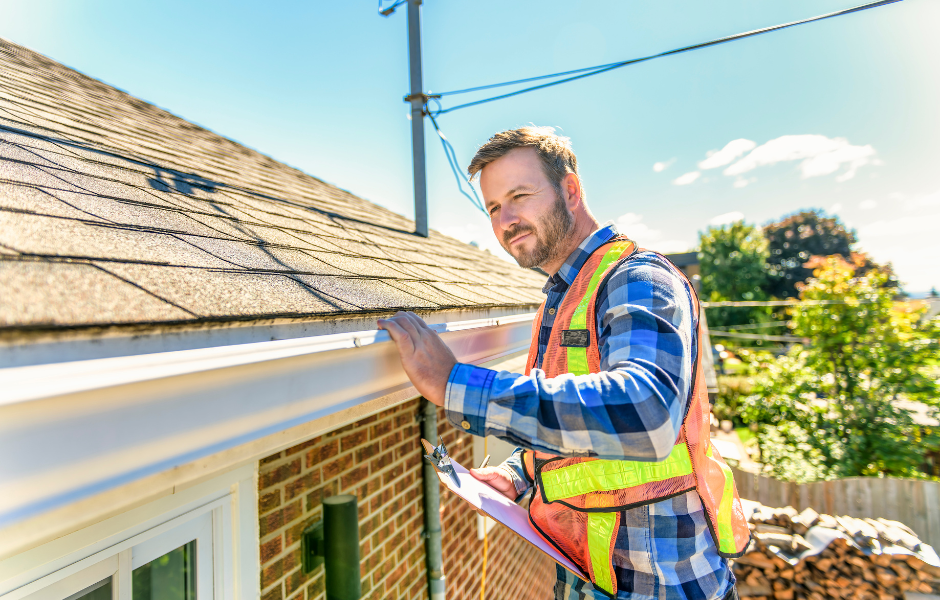The negotiation process can be one of the most exciting parts of selling a home, but until you get there, you may be wringing your hands, worried that you won’t be able to secure the deal. Will you be deluged with offers, or will your home be pervaded by the lulling but ever-so-unnerving sound of crickets?
And if you do get just one or two offers, and they’re not as high as you’d hoped, what do you do?
Here’s how to navigate the real estate negotiation process and come to a deal that will make you happy. More than happy, even.
Getting those offers in
If you’re not in a rush to sell your house, it may make sense to see what offers roll in over a few months. But if you need to sell quickly (or just don’t want to wait), your real estate agent (here’s how to find a real estate agent in your area) might be able to push things along by setting a deadline—usually within a week or two of listing.
“When you expect multiple offers because your price is competitive or your home is in a popular neighborhood, you should always set a deadline,” says Cathy Baumbusch, a real estate agent with Re/Max Executives in Arlington, VA.
But you’ll need to be confident that your home is priced right, relative to its appeal. If all goes well, you can sell for over asking.
The negotiation process begins
Once you have an offer in hand, you’re probably scanning for one thing: the price.
“In our area, houses rarely sell for less than 90% to 95% of the asking price,” Baumbusch says. The offers on your home may fall in that range, but don’t rely on price alone. According to Baumbusch, every offer has five important components:
-
- Price
- Closing assistance
- Closing date
- Buyer financing
- Contingencies
Some offers may seem great on the surface, but significantly less so once you dig in. For instance: Is the buyer asking for closing assistance? Often first-time buyers don’t have enough money to cover the down payment and the closing costs, so they’ll ask the seller to foot some of the bill—about 2% to 3% of the total closing costs is a common request. If you agree, any assistance you give will lower your bottom line, so factor this amount into the asking price.
The buyer’s time frame to close may not seem like a big deal on the surface, but it can actually matter a lot, especially if you give the buyer a long leash. If the deal falls through, you’ll have to put the house back on the market and wait for more offers. On the other hand, if the buyer wants to move in right away, you might be left scrambling (and, quite possibly, temporarily homeless). Make sure the timing works for you.
Good so far? Now make sure the buyer has financing. Hopefully, the buyer’s agent included a note verifying the buyer’s financing and how much the buyer will put toward the down payment and earnest money. The last thing you want is to accept an offer, only to find out afterward that the buyer can’t come up with the necessary cash.
Finally, look over contingencies, which give the buyer the option to back out of the deal if something goes wrong. The buyer may say the final sale is contingent on a home inspection, or he may want to move in early. Both requests are fairly standard and acceptable. But keep an eye out for buyers asking for too much. For example, “it would be over the line for a buyer to ask a seller to wait more than 30 to 60 days for the property to go under contract,” Baumbusch says.
When to counteroffer
The negotiation process doesn’t end here. You always have the option to return the buyer’s offer with a counteroffer of your own.
“You should always counter if the price is not what you are looking for, or if you can’t support the amount of closing cost help they are looking for,” Baumbusch says. But if you do, keep it reasonable. If the buyer was 15% below asking, he probably won’t go up to full asking amount. Consider being flexible with your price; you can always make it up in other ways. For example, submitting a counter with a slightly higher price and contingencies that may help you—like having the buyer waive an inspection to speed things along—might pay off in the end.
If you don’t agree with the buyer’s contingencies, consider your position first before making the next step in the negotiation process.
“If your home is in a popular area, [you] have an advantage,” Baumbusch says. Keep in mind, the buyer may not accept your counter outright. You can play “Let’s Make a Deal,” but always consider your bottom line.
Is it worth it to keep countering for a small amount of money or single contingency?
Don’t get trapped in a loop; consider the buyer’s side of things. These prospective buyers may be maxed out. To help you decide, ask your listing agent to call the buyer’s agent and hash it out it with them. Get some insight into the buyer’s state of mind, and whether they can budge.
Source: realtor.com ~ Image: Canva Pro






